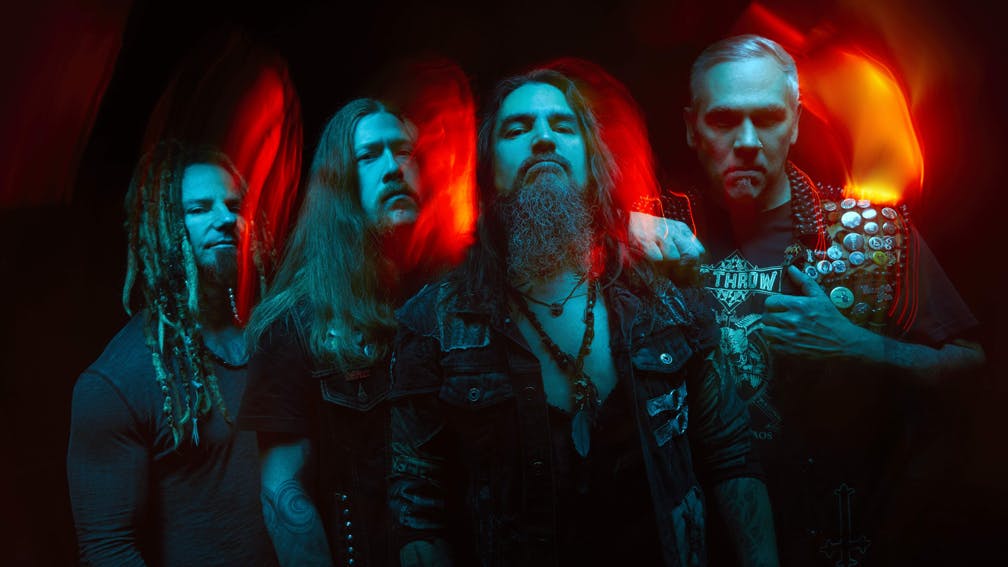When legendary Pantera guitarist 'Dimebag' Darrell Lance Abbott was gunned down by a deranged fan onstage at a Damageplan gig on December 8, 2004, the outpouring of love and grief from the metal fraternity was overwhelming. Beyond the boundaries of heavy music, however, there were detractors: perhaps most notably William Grim, Contributing Editor at popular conservative site The Iconoclast, who took the opportunity to decry “the squalor, inhumanity, filth (both in the metaphorical and hygienic senses), depravity, ugliness and ignorance of everything that heavy metal represents.” Aesthetics Of Hate was Robb’s full-bore reply. ‘Oh, you tried to spit in the eye of a dead man's face,’ he rails over high-impact riffage, ‘Attacked the ways of a man not yet in his grave / But your hate was over all too soon / Because nothing is over, nothing's through ’til we bury you!’ No shit taken.
